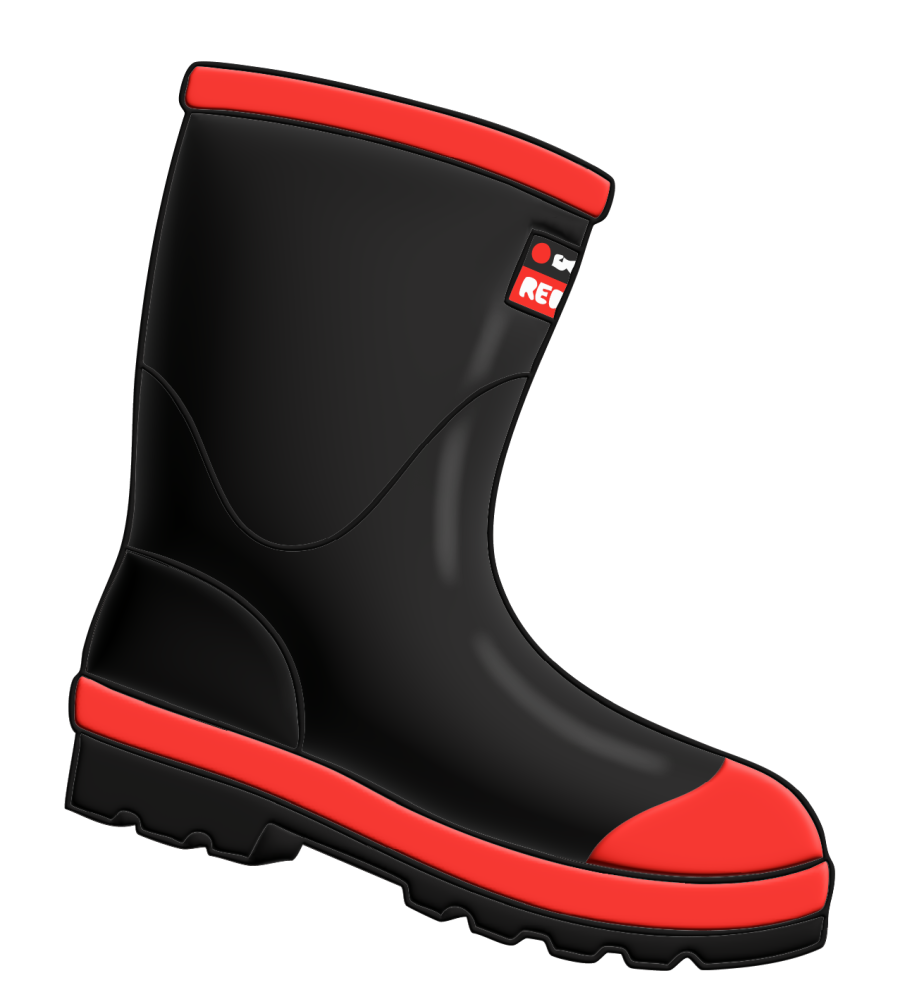Tairāwhiti Wellbeing Survey data insights can be used to support our whānau, communities and organisations to better understand what the wellbeing of our region looks like.
Over 1,000 weighted responses were collected in the 2024 survey which were then benchmarked against the Trust’s wellbeing framework, He Rangitapu He Tohu Ora.

 Income pressures and low business confidence
Income pressures and low business confidence
Insights on income adequacy in Tairāwhiti show that many residents get by through strong community support and use of local resources, despite lower-than-average annual earnings. Still, 40 per cent say they have barely enough or not enough income, with 25 per cent reporting they’ve missed payments on essential bills such as housing, transport or utilities.
Business confidence remains low, with 39 per cent saying Tairāwhiti is not a good place to run or start a business, up from 36 per cent in 2023.

 Continued taiao challenges
Continued taiao challenges
Environmental concerns remain high, with 81 per cent of respondents worried about the impact of climate change. Perceptions of local freshwater health remain low, with rivers and lakes averaging a score of 4.6 out of 10, below the national average.

Learning pathways and local knowledge
Most tamariki in Tairāwhiti start school with early childhood education experience. Additionally, Tairāwhiti communities maintain a strong connection to local knowledge, relying more on local media and community networks than the national average.
However, the region has seen a decline in NCEA Level 2 achievement, from 74 per cent in 2020 to 64 per cent in 2023.

Strong social connections
Despite these challenges, wellbeing is still strong in other areas. Tairāwhiti tends to have better social connections than the national average, with an average score of 7.2 out of 10 for feeling a sense of belonging to Aotearoa New Zealand. This may reflect the region’s resilient response to climate and economic challenges over the past two years.

Confidence in cultural identity
Cultural identity is also a strength, with 66 per cent of residents saying it's easy to be themselves. Notably, 59 per cent of Tairāwhiti residents report being able to speak more than a few words of te reo māori, compared to the national average of 33 per cent.

More warm homes, but housing still out of reach
Despite a rise in warm homes reported by 79 per cent of respondents, only 10 per cent believe housing will become more affordable.
Overall life satisfaction remains high
A high level of life satisfaction is reported by 69 per cent of respondents and 70 per cent of the population feel in control of their lives.



